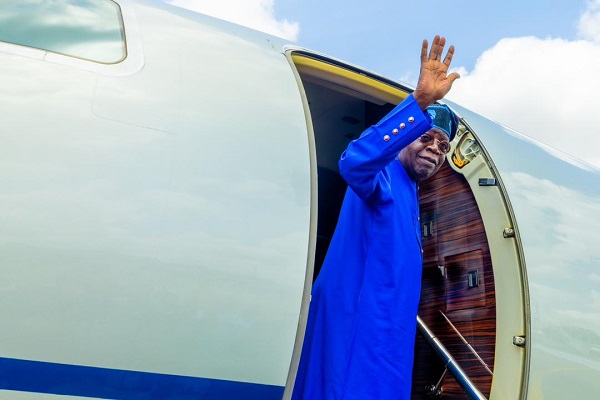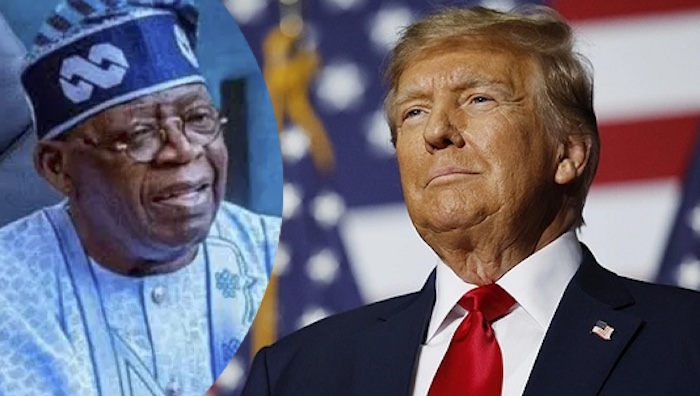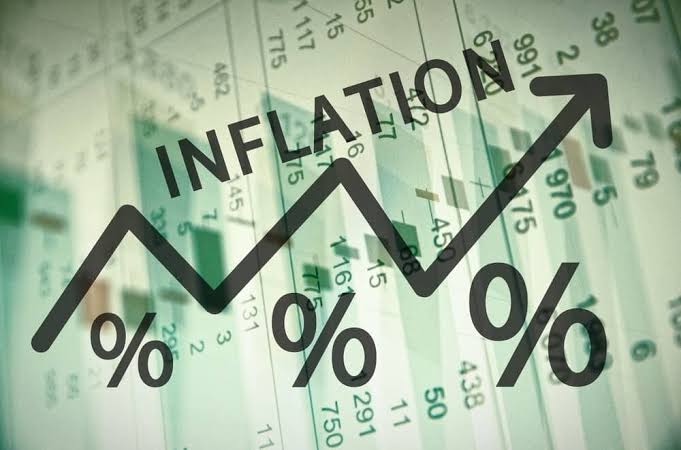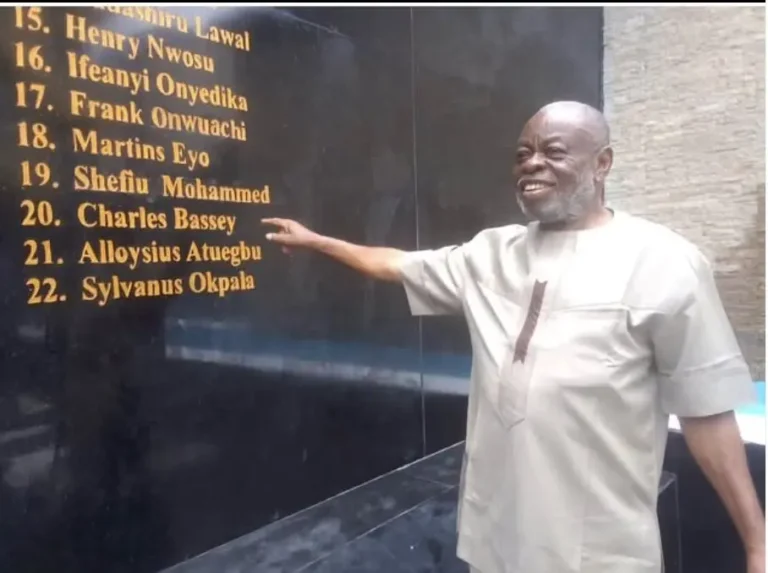China and Nigeria, two continental giants that entered the late 1970s with similar per capita incomes, have since taken opposite economic trajectories. In China, the decisive moment was Deng Xiaoping’s 1978 decision to “open the windows” and let the world’s capital know-how to blow in. In Nigeria, the same decade ushered in the oil boom that encouraged governments to depend on volatile export rents rather than the hard grind of production. Nearly half a century later, the contrast is stark: China ships $3.58 trillion a year worth of merchandise each year to the US, runs the world’s biggest high-speed rail and electricity networks, and has reduced extreme poverty to the low single digits, whereas Nigeria still relies on diesel generators to power most factories and holds the unfortunate record of hosting the planet’s largest pool of people living on less than $3 a day.
I was recently in China as part of a Nigerian business delegation that wanted to revolutionise rail freight. We toured Chinese rail manufacturing factories and saw the cumulative effect firsthand. At Yiwu, a market city once famous only for cheap toys, outbound trains roll directly into the customs yard, clear export formalities in hours and join a trans-Eurasian schedule that reaches Madrid in eighteen days. We counted five layers of the process—terminal handling, port queue, ocean leg, inland haulage, and warehouse sorting—that would each add days and dollars back home. We also noticed that the Chinese yard foreman carried a tablet tracking real-time wagon diagnostics; the Nigerian equivalent would be on a clipboard waiting on a generator to restart the Wi-Fi.
The macro numbers simply crystallise what we observed on the ground. Manufacturing generates roughly twenty-seven per cent of the Chinese GDP and employs more than one hundred million people. In Nigeria, the share by 2024 has slid below ten per cent and continues to fall. Chinese logistics costs average seven to nine per cent of a retail item’s final price; Nigerian goods often surrender a quarter to a third of their value to the road, the checkpoint and the generator. The pertinent question is, what made China succeed and Nigeria fail?
Policy consistency is the first, and perhaps most underrated, source of that divergence. Beijing’s five-year plans differed in detail but never in direction: everyone sought deeper industrialisation, more export capacity, and a higher rung on the technology ladder. By contrast, Lagos, Abuja and the thirty-six state capitals have veered from import substitution to outright deregulation to state-owned “transformation agendas,” each abandoned as soon as the next political cycle arrives or the oil price slumps. For investors deciding where to put a steel mill or a chip assembly plant, the difference between a twenty-year horizon and a four-year horizon is the difference between “build” and “walk away.”
Infrastructure magnified that gap. Beginning in the early 1990s, China poured roughly eight per cent of its GDP every year into roads, ports, airports and—most outstandingly—rail. A lattice of 45,000 kilometres of 250 to 350 km/h track now links almost every provincial capital; freight versions of those lines move 10,000-tonne trains from Chongqing to Shenzhen in a single day. One academic study finds that high-speed rail access lifts a connected city’s GDP by more than fourteen per cent within five years, mostly by slashing logistics times and widening labour catchment areas for firms. Nigeria, meanwhile, rehabilitated a few colonial-era lines and launched several standard gauge projects, but even its showcase Abuja–Kaduna and Lagos- Ibadan routes move fewer passengers in a week than China’s busiest corridor handles before breakfast. Most cargo still crawls along cratered highways where police checkpoints and kidnappers impose an unofficial “fear tax” on every bag of cement or basket of tomatoes.
China achieved rapid growth by heavily investing in manufacturing. This is unlike Nigeria, where manufacturing contributes less than 12.68% in Q2 2024 and more than 8.21% in Q3 2024. China’s investment in High-Speed Rail (HSR) has led to a significant drop in the cost of goods. Recent initiatives like “Made in China 2025” focus on advanced manufacturing sectors such as robotics, aerospace, new-energy vehicles, and biotechnology to increase the value chain and reduce reliance on foreign technology.
Reliable energy is the next Faultline. Guangdong province alone generates more electricity than the entire Nigerian grid, and it does so continuously; Chinese aluminium smelters, textile mills and data centres are designed around the assumption that the power will stay on. Nigerian manufacturers assume the opposite. They buy diesel gensets, pay triple the Asian price for each kilowatt hour they consume, and pass that cost on to consumers—who already face some of the steepest logistics markups in the world. When energy constitutes thirty per cent of a product’s ex-factory price, no patriotic marketing can keep that product competitive abroad.
China’s factories also had people who could keep the machines running. A high school graduate in Jilin can programme a PC and interpret a process control chart because technical and vocational colleges occupy a place of prestige that academic-heavy universities once monopolised. As a result, Chinese employers can field 3,000-strong shifts of technicians able to retool a smartphone assembly line on the weekend. Nigeria’s educational culture remains firmly certificate-oriented; private surveys suggest that more than four-fifths of recent university graduates lack basic spreadsheet or coding competence. The mismatch forces multinationals to fly expatriate engineers into Lagos or—more often—to put the factory in Ethiopia, Vietnam or Guangdong instead.
Automation sharpened the divide still further. In 2024 alone, Chinese firms installed nearly 300,000 industrial robots—more than Europe and the Americas combined. Robots weld car bodies and ship parts, insert smartphone cameras and package frozen dumplings; the technicians who maintain them earn multiples of the average urban wage. Nigeria ordered only a few hundred units that same year, primarily for soft drink bottling plants in Lagos and Ogun. Without automation, productivity plateaus; without productivity, wages stagnate; without rising wages, the domestic market stays too shallow to justify mass production. The cycle feeds on itself.
Oil dependence made everything worse. Crude accounts for well over half of Nigeria’s government revenue but employs fewer than one per cent of its labour force. When Brent prices soar, ministries hire, contractors splurge, and imports surge; when prices crash, capital projects halt, debts pile up, and Naira devaluations wipe out household purchasing power. Chinese planners did court commodity cycles—the country still consumes half the world’s copper and iron ore—but their fiscal lifeline was value-added, not raw rents. Tax receipts rose in tandem with factory output, giving Beijing a steadily expanding pool of local currency resources to finance the next port or rail line.
Insecurity compounds Nigeria’s structural costs. Hundreds of lives and thousands of work hours vanish each year due to armed robbery, terrorist attacks or kidnaping along the Lagos–Kano highway. Firms pay for private guards, convoy fees and kidnap insurance; those outlays translate directly into higher shelf prices and lower margins. China indeed grapples with crime and corruption, but industrial zones in Shenzhen or Suzhou are patrolled, litigated and powered in ways that let a container leave the factory gate and reach the port with minimal friction or added cost. Logistics is the key enabler of manufacturing.
Yet none of these gaps is destiny. Nigeria’s poverty is a product of a mix of bad leadership and bad choices. Nigeria’s heavy reliance on oil causes economic vulnerability. Nigeria’s education system emphasises certificates over practical skills, creating a gap between what is taught in schools and what employers need. Over 85% of Nigerian graduates lack digital skills, making them less competitive in the job market. The SMART schools championed by the Enugu State government aim to start closing the IT gaps, and other states in Nigeria are expected to create more of these schools.
Nigeria still has an unreliable electricity supply, inconsistent fiscal policies, shifting regulations, and excessive bureaucracy. Years of focus on ease of doing business have improved things, but we are far from average. Nigeria’s service-led growth has benefited the educated middle class and corrupt government officials and is less employment-intensive. Despite having a young population, massive arable land and growth potential, Nigeria has remained a country of poor people.
Nigeria still possesses assets China would envy: a median age under twenty, vast swathes of uncultivated arable land, abundant sunshine for solar power and a coastline perched between the Atlantic trade lanes and Africa’s interior. What it lacks is the deliberate sequencing that China pursued. Reliable baseload power and a north-south freight rail spine must precede, not follow, any talk of mega parks or local content mandates. Technical colleges must receive the same prestige and funding as universities. We applaud the efforts of the Minister of Education in creating and masterminding the technical and vocational school strategy. Special Economic Zones must specialise in textiles in Kano, agro-processing in Benue, and light engineering in Aba so suppliers and toolmakers can cluster rather than scatter. Nigeria must adopt Industrial clusters as a potential strategy. Industrialisation breeds employment, alleviates poverty, and creates high income and GDP growth, which creates wealth and a better quality of life for citizens.
If those choices are made and sustained, the virtuous cycle that lifted China is also ready to spin in Nigeria: hard infrastructure lowers cost, factories sprout, wages rise, domestic demand deepens, tax receipts multiply, and the next round of infrastructure becomes easier to finance. History shows that such cycles do not begin with genius inventions or windfall resources; they start when governments decide that electricity at midnight and freight trains at dawn are more important than oil rents at noon. China made that decision decades ago and grew rich. Nigeria still can. President Widodo of Indonesia grew their economy within ten years by furthering an export-oriented strategy with in-country value addition, embarking on expansive infrastructure development, reducing poverty to 1%, and almost doubling per capita income. Can we do this in Nigeria? Yes, we can! Today’s dismal rankings will look like a brief preface to a more prosperous chapter









